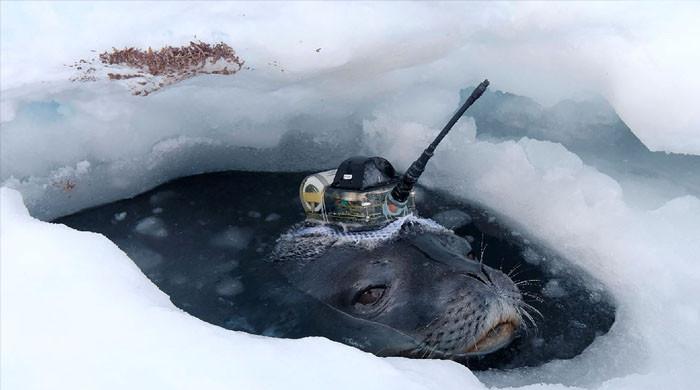Latest News
Seals help Japanese researchers collect data under Antarctic ice
Seals help Japanese researchers collect data under Antarctic ice

Entertainment
UAE grants Aiman Khan a Golden Visa
Education
Youth from North Waziristan are given an educational and recreational tour by the Pakistan Army.
Latest News
Leading the Green Pakistan Initiative in Malam Jabba is the Pakistan Army.
-

 Latest News2 days ago
Latest News2 days agoThe IHC defers making a ruling on cases involving the same complaint against Sheikh Rashid.
-

 Latest News3 days ago
Latest News3 days agoTo discuss the judges’ letter, the IHC CJ calls for a full court meeting.
-

 Latest News2 days ago
Latest News2 days agoIran and Pakistan will cooperate on energy projects, such as the IP Gas Pipeline
-

 Latest News2 days ago
Latest News2 days agoThe Lahore High Court Chief Justice has referred Fawad’s request for an extension of protective bail to a division bench.
-

 Latest News3 days ago
Latest News3 days agoNawaz Sharif departs for a five-day personal visit to China.
-

 Latest News3 days ago
Latest News3 days agoThe creation of a provincial enforcement authority is approved by the PunjabCM.
-

 Education3 days ago
Education3 days agoThe president of Iran’s wife, Dr. Jamileh, claims that knowledge without ethics is worthless.
-

 Latest News3 days ago
Latest News3 days agoPTI announces a public meeting in Karachi.






















